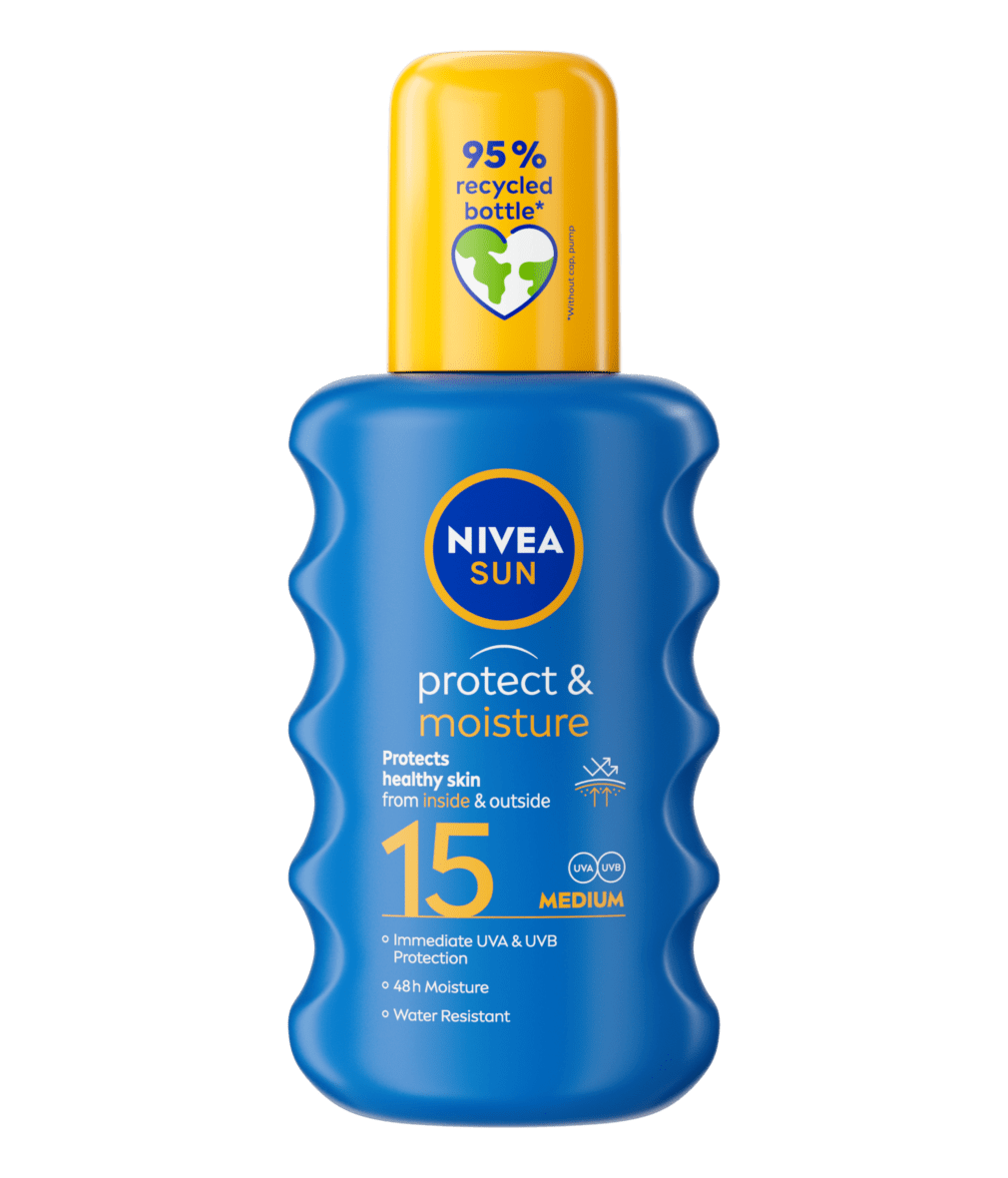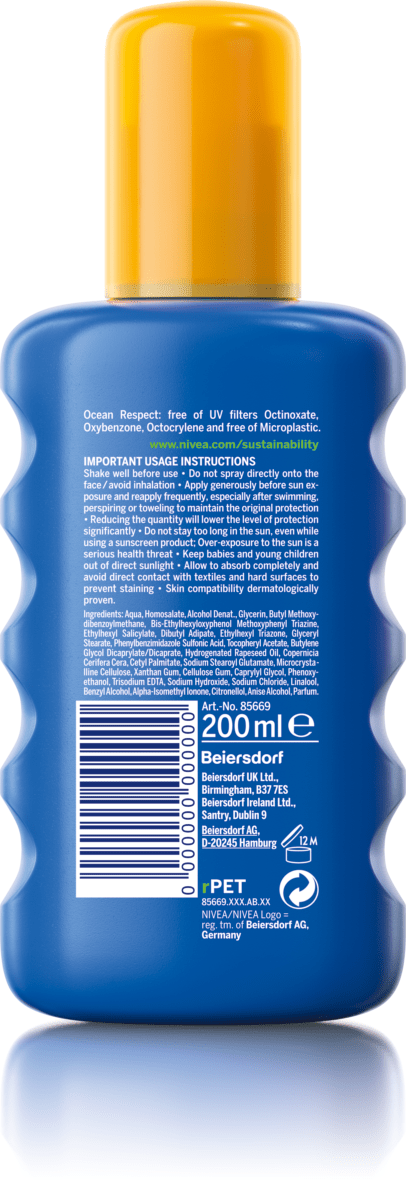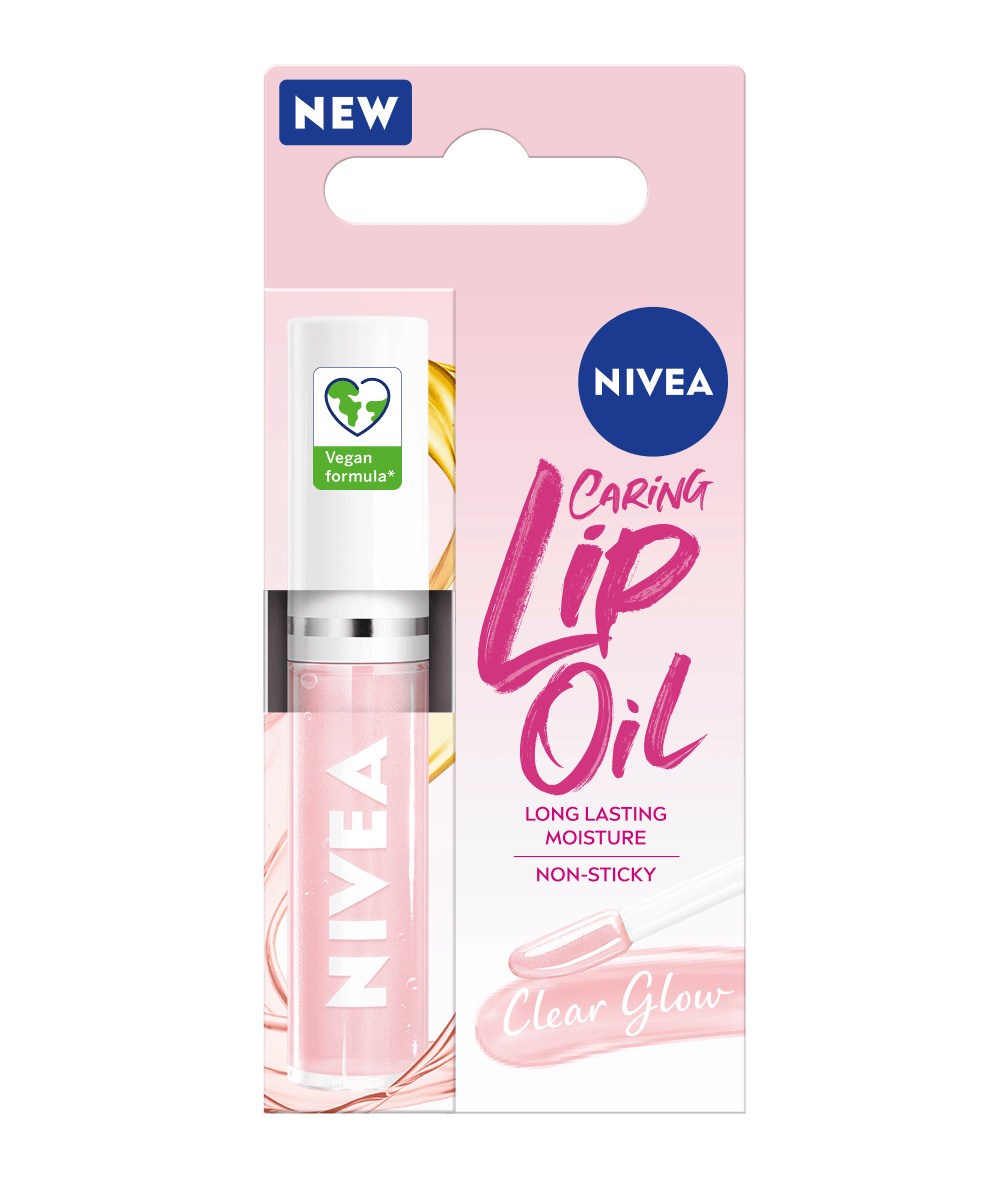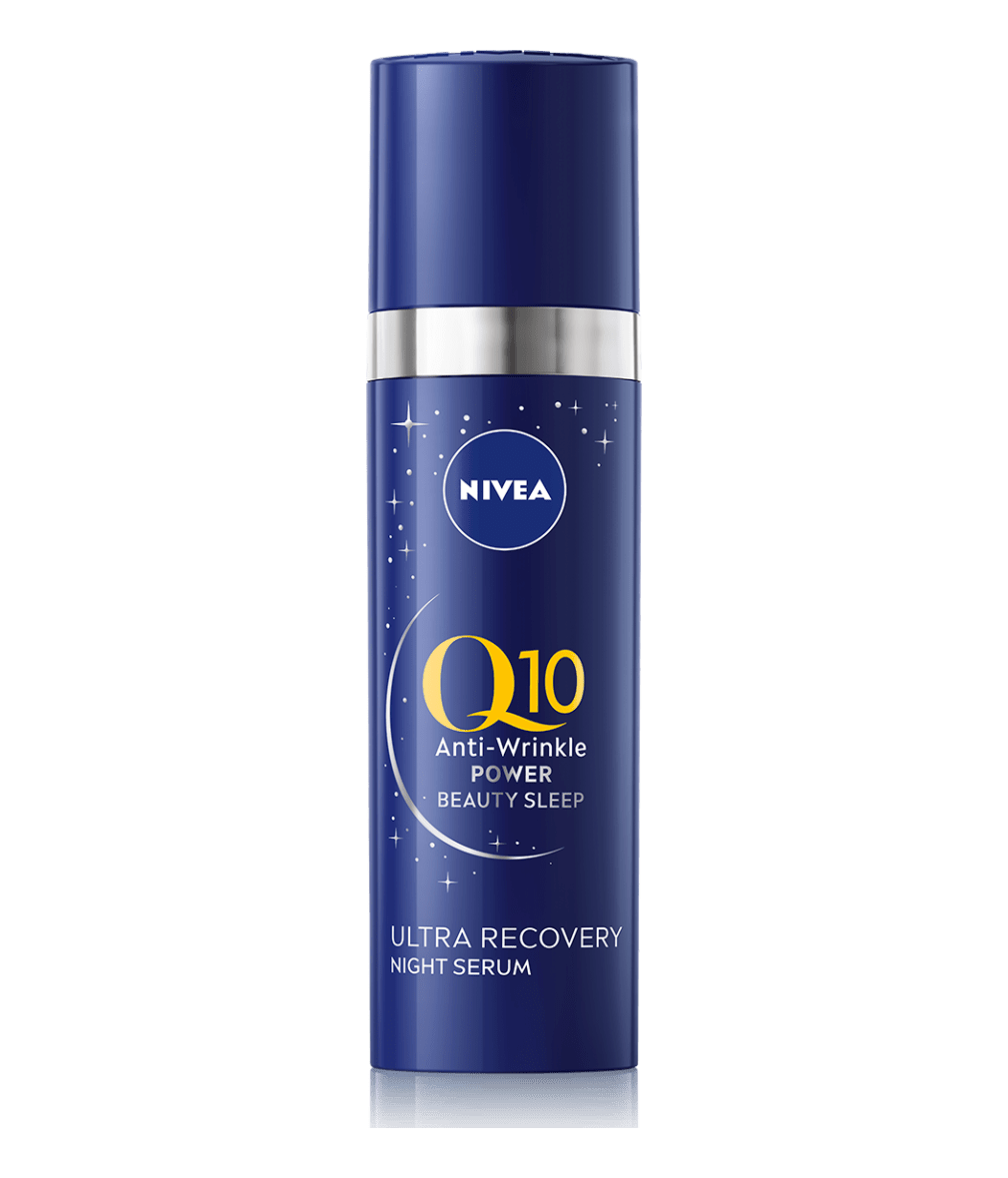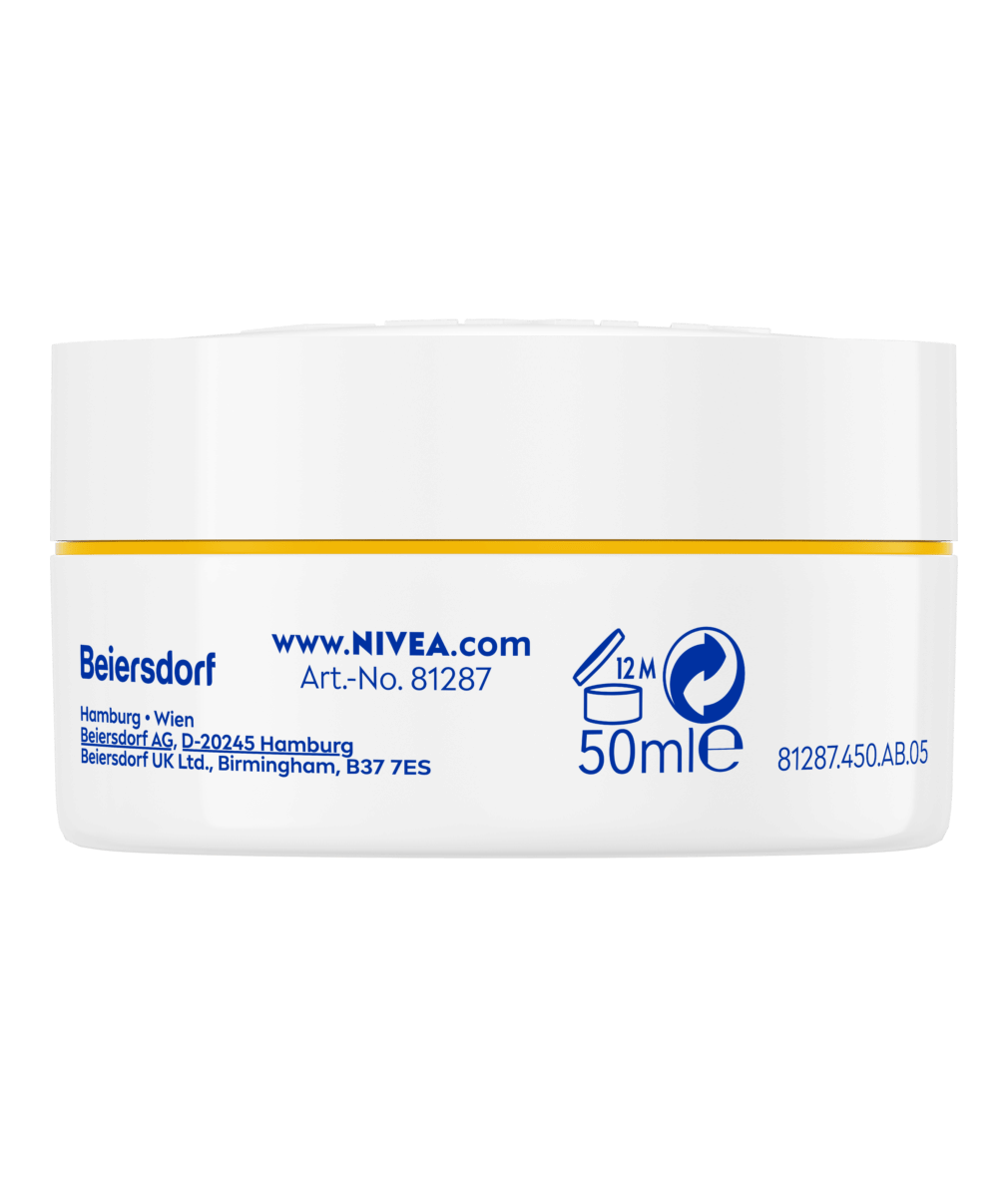What Does Reef Safe Sunscreen Actually Mean
Many sunscreens contain chemicals that work to block the UV light as a way of protecting your skin from sun damage. These same chemicals, Octinoxate and Oxybenzone, are known to cause reef bleaching which can lead to disease causing the coral to die. The number of people that go swimming in the sea while wearing sunscreen is a very large number, so it's important that we think about the impact we're making on the environment around us, which is why all of our sunscreens are reef safe sunscreen.
Is Reef Safe The Same As Biodegradable?
No, reef safe sunscreen is not the same as biodegradable sunscreen. Biodegradable sunscreen means it breaks down naturally in the environment over a reasonably short period of time. Although not all NIVEA sunscreen is biodegradable, our scientists have worked hard to produce sunscreen that is. The NIVEA Protect & Moisture range are all biodegradable sunscreens that are also reef safe. These sunscreens are just as effective at protecting you from sun damage and provide you with effective, water-resistant protection when using them. Not only this, but these biodegradable and reef friendly sunscreens leave skin feeling hydrated and soft.
Why Is Sunscreen Important?
Without sunscreen, skin is left susceptible to sun damage from UVA and UVB rays. This can cause premature skin ageing as well as skin cancers if you're not protecting your skin with sunscreen, which contain UV light filters to act as a barrier between your skin and the sun. It's important to wear sunscreen every day, and most importantly when you're in the sun, so make sure to pick a reef safe sunscreen or biodegradable sunscreen if you're concerned about the impact on the environment. Skin is the largest organ of the body and so it's important to protect it with highly effective sunscreens.

